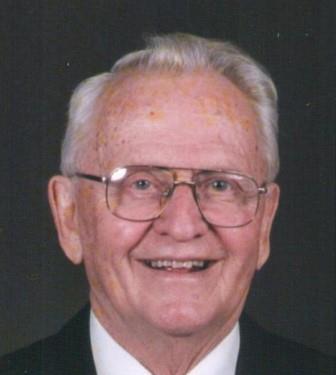Roy Moore lost.
That fact — which we all knew on the night of December 12 — became official on Thursday afternoon when the Republican governor, Republican attorney general and Republican secretary of state in Alabama certified that Democrat Doug Jones had defeated Moore in the special election to fill the four years remaining in Attorney General Jeff Sessions’ Senate term.
Moore, of course, didn’t — and doesn’t — accept that fact.
On Wednesday, Moore filed a complaint alleging widespread voter fraud — and insisting that the certification of Jones’ win should not go forward. Moore’s primary complaint seemed to revolve around increased black turnout in the election. Why that would be somehow fraudulent wasn’t detailed in the complaint. And John Merrill, Alabama’s secretary of state, dismissed a number of the specific issues raised by Moore as either misleading or simply false.
A judge denied Moore’s delay request Thursday morning. And then came the official certification — just after 2 p.m. Eastern time.
The race is over. Done. Finished. When Congress reconvenes in the new year, Jones will be sworn in as the next senator. And the political world will move on.
Moore, though, won’t. Because — facts be damned — Roy Moore never loses. This Senate race is simply the latest chapter in the ongoing saga that is Roy Moore’s life in politics.
After the certification, he released a statement:
“Election fraud experts across the country have agreed that this was a fraudulent election,” Moore’s statement said. ” … I have stood for the truth about God and the Constitution for the people of Alabama.
“I have no regrets. To God be the glory.”
In 2000, Moore was elected chief justice of the Alabama state Supreme Court. Three years later, he was removed from that office for his refusal to take down a massive statue of the Ten Commandments that he had installed in the state Supreme Court.
That didn’t stop him.
He ran for governor in 2006 and 2010, losing in the GOP primaries in each race. Moore lost 66%-33% to Bob Riley in 2006. In 2010, he finished fourth, with 19%. He never conceded either race.
In 2012, Moore was again elected chief justice of the state Supreme Court. Within four years, Moore had been suspended from the court for the remainder of his term due to his refusal to acknowledge the Supreme Court’s legalization of gay marriage. (Moore’s term was set to expire in 2019.)
Moore formally resigned from the state court to run for the Senate. (It’s not clear how you resign from a court where you have been suspended for the remainder of your term but, well, never mind that.)
The point is that, for Moore, these aren’t campaigns. They are part of a broader crusade — against political correctness, against liberals, against the establishment, against the unrighteous.
That crusade dates back even before Moore’s 2000 election to the state court. Back in 1982 — yes, 1982! — in the aftermath of Moore’s defeat in a campaign for a judgeship, four circuit judges filed a complaint against Moore for the campaign he had run.
Moore, according to this terrific New York Times piece, responded this way to the complaint: “If the judges of Etowah County are personally offended, that is their problem, not mine. The guilty flee when no man pursueth.” (That second line is taken from Proverbs.)
When you are on a crusade, there is no such thing as losing. You can be temporarily vanquished by those trying to block your righteous quest. But you can never really be stopped. Because your crusade is bigger than any mere campaign. Bigger than a 22,000+ vote losing margin. Bigger than three Republican elected officials certifying that your Democratic opponent won the race. Bigger than Steve Bannon signaling it’s time to go. Bigger even — gasp! — than Donald Trump.
It’s for those reasons that Moore was never going to concede the Senate race. And why no one should be surprised if he decides to challenge Gov. Kay Ivey in a Republican primary in 2018. Or even if he runs for Senate against Doug Jones in 2020, when Moore will be 73 years old.
This Senate campaign may be over for most people. But for Moore, the campaign — and the crusade — continues. Always.



